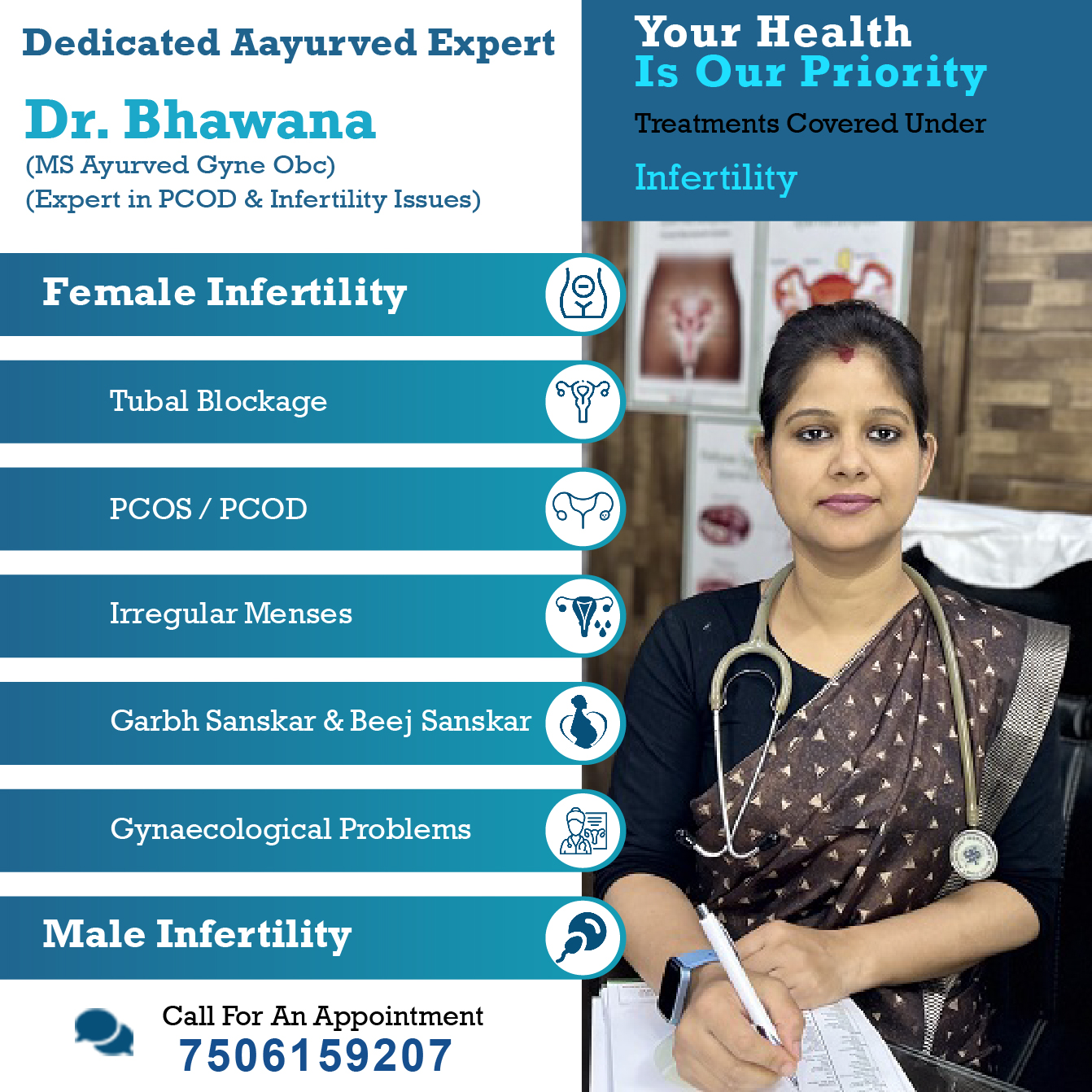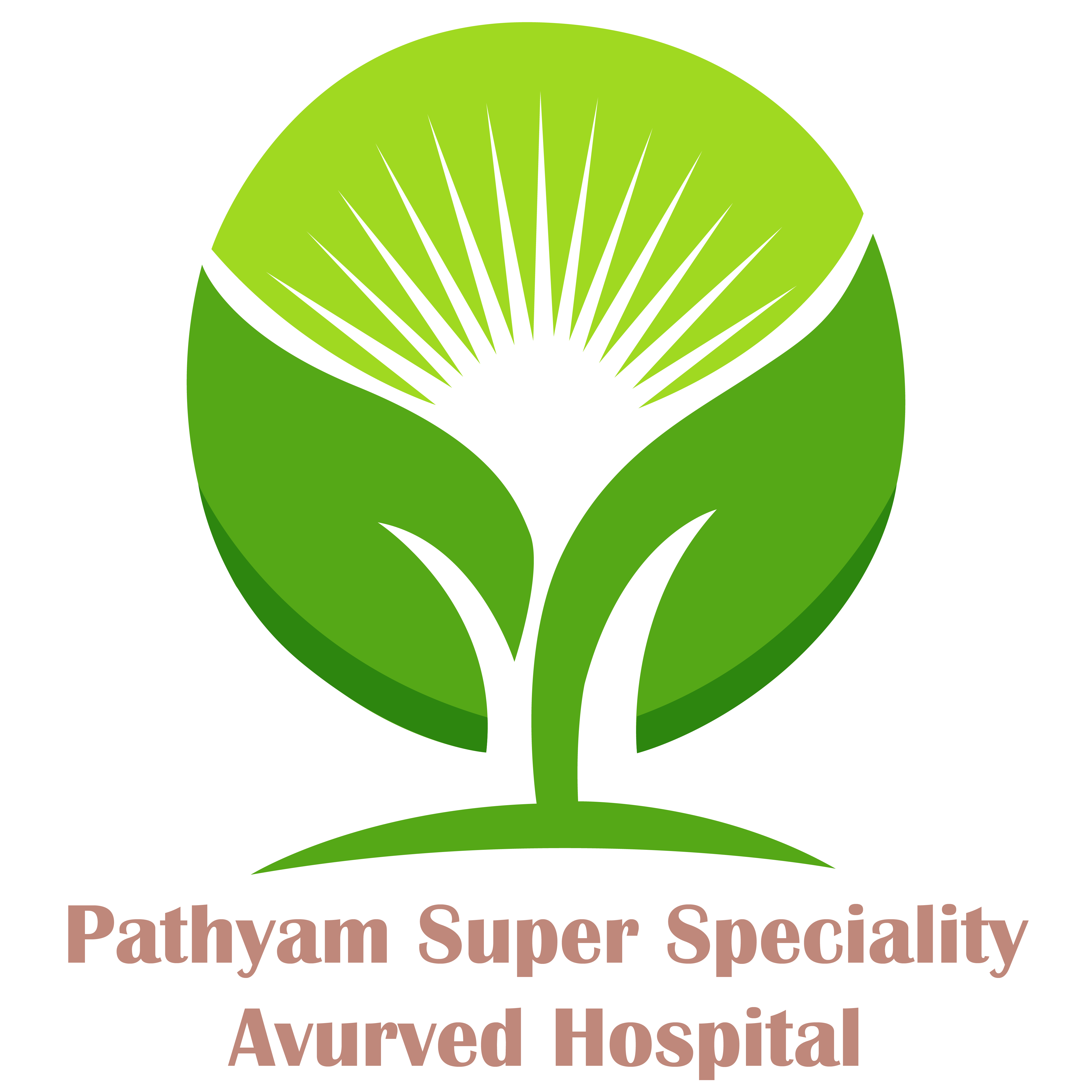A couple unable to conceive even after unprotected intercourse or unable to carry a pregnancy to full term is known as infertility. Infertility can occur in both men and women. According to Ayurveda, female infertility is known as ‘Vandhayata,’ and male infertility is known as ‘Nampumsakatva’.
Infertility and roots to Ayurveda
According to Ayurveda, female infertility is an inability to conceive, and inability to conceive as ‘Garbha srava’ and ‘Mrutvatsa’ are also included in the category of infertility.
Vajikarana is one of the eight branches of Ayurveda that deals specifically with Shukra dhatu (sperm and egg) and sexuality to have healthier offspring. According to Ayurveda, reproductive health is primarily determined by the health of tissue metabolism and tissue nutrition, both of which are ultimate requirements for conception.
Infertility treatments include Rasayana and vajikara dravyas taken internally or medicines (virilificatory or aphrodisiacs), Panchakarma, and Vajikarana therapy to detoxify and rejuvenate the reproductive system.
Uttara vasti is a unique and acclaimed Ayurvedic procedure for treating infertility in addition to regular Panchakarma therapy. It is to inject medicinal oil or decoction into the woman’s uterus, woman’s cervix, and man’s bladder through the urethra.
Apart from this, dietary and lifestyle changes are also advocated, which not only help in better conception but also in producing healthy offspring.
Symptoms of Male Infertility
- Inherited disease
- Hormonal imbalance
- Dilated veins around the testicle
- Difficulty ejaculating or a small amount of fluid decreased libido, or difficulty maintaining an erection (erectile dysfunction)
- Pain, swelling, or a lump in the testicle area
- Symptoms of female infertility:
- Abnormal periods of bleeding that are heavier or lighter than usual
- Irregular periods
- Never had periods, or periods stopped suddenly
- Painful periods, back pain, pelvic pain, and cramping may occur
- Hormonal imbalance
Causes of Male Infertility:
- Low sperm count, which means having too few or no sperm in your semen
- Sperm not moving correctly, called low sperm motility
- Overexposure to certain environmental factors
- Blocked Sperm ducts
- Abnormally formed sperm
Causes of Female Infertility:
- Fallopian tube damage or blockage
- Being overweight and underweight
- Primary ovarian insufficiency
- Uterine or cervical abnormalities
- Ovulation disorders, which affect the release of eggs from the ovaries
- Endometriosis
- Pelvic adhesions
- Cancer and its treatment
PCOD Problem Treatment
Polycystic ovary disease, or PCOD, is a hormonal disorder in which women produce too much male hormones, such as testosterone. High levels of male hormones can have irregular or no ovulation symptoms. Simply put, women with PCOD or PCOS do not release one mature egg from their ovaries each month, resulting in infertility. PCOD affects one in 10 women worldwide.
- Symptoms:
- Vaginal bleeding
- Irregular periods
- High androgen level
- Acne
- Weight gain
- Infertility, etc.
In Ayurveda, PCOD is caused by an imbalance in either of two doshas – Pitta (fire) and Kapha (water). Aggravated Pitta can lead to contamination of dhatus or tissues such as blood and plasma. This can lead to a build-up of toxins, or ama, in the body.
In PCOS patients, these toxins build up in the brain pathways, causing an imbalance in the hormones produced by the pituitary gland. This leads to an imbalance of female hormones, which can lead to the formation of ovarian cysts, which are nothing more than fluid accumulation in the ovary, anovulation or lack of ovulation, etc.
- Ayurvedic Remedies for PCOD Problem Treatment:
Shatavari: It mainly helps to promote the normal development of follicles. It also regulates menstruation and helps rejuvenate the female reproductive system.
Triphala: It’s rich in vitamin C, a powerful natural antioxidant that helps reduce inflammation by reducing free radicals.
Aloe vera: It helps regulate the menstrual cycle and promote regular menstruation. It also normalizes hormonal imbalances.
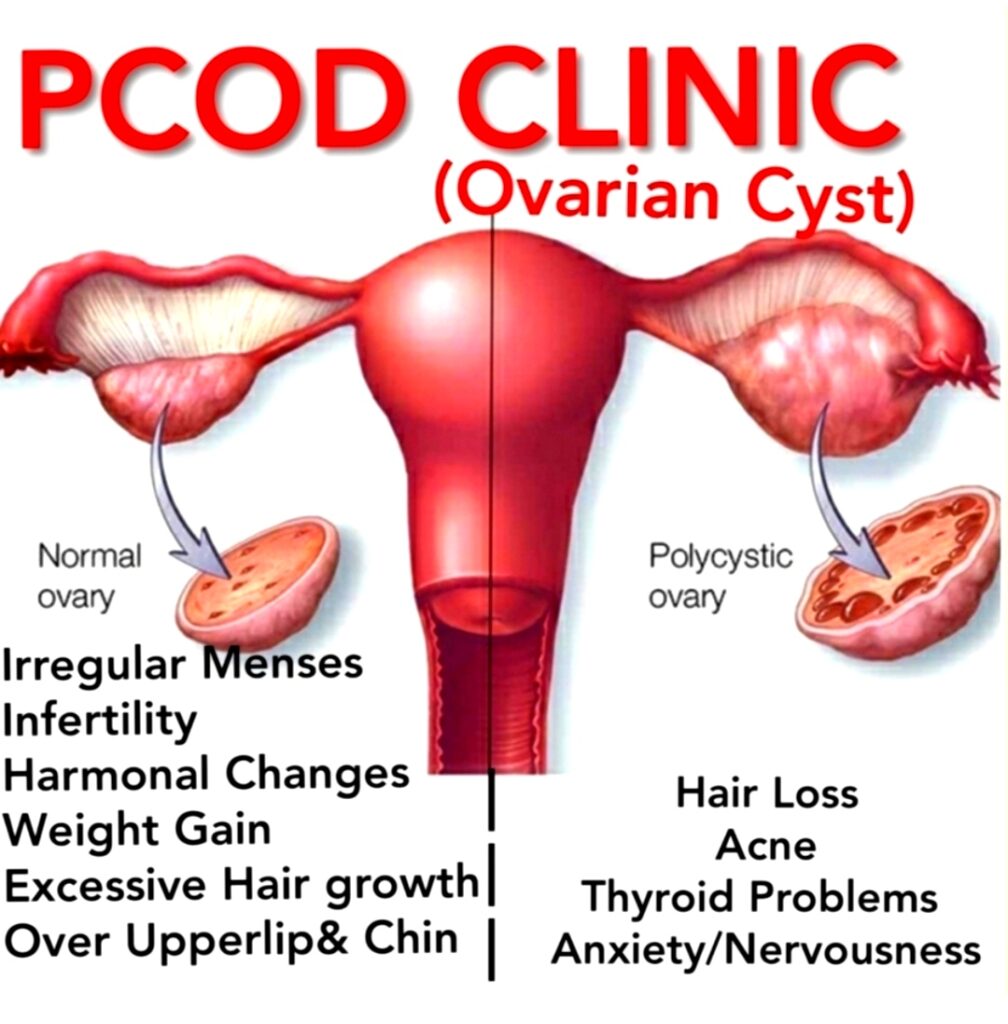
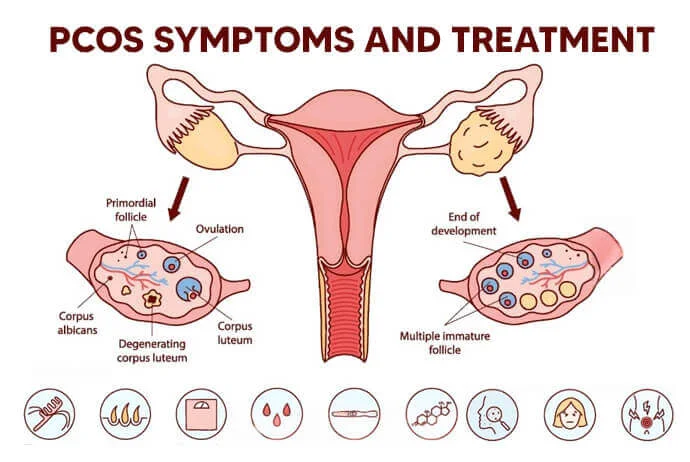
PCOS Treatment
Polycystic ovary syndrome (PCOS) is an endocrine disorder in women of reproductive age. It is often associated with obesity and menstrual irregularities and can lead to infertility. In Ayurveda, PCOS falls under the chapter of Yoni Vyapat (Uterovaginal Disorders).
PCOS occurs when hormone imbalances affect the growth of follicles in the ovarian cycle. The affected follicle does not rupture and release the egg but remains in the ovary. The follicles then form cysts, and multiple new cysts form each ovarian cycle. According to Ayurveda, PCOS occurs due to Kapha dosha. Arthava dhatu is the tissue responsible for reproduction in women, and the channel carrying reproductive fluid is called arthavaha srota. PCOS occurs when too much Kapha blocks the natural balanced flow of these fluids and channels. PCOS symptoms arise when movement is impeded and metabolism is suppressed.
- Symptoms:
- Irregular menstrual cycle
- No periods or Amenorrhoea
- Acne
- Scalp hair loss
- Excessive facial or body hair growth
- Difficulty getting pregnant or infertility
- Insulin resistance
- Obesity
Ayurveda takes a holistic approach to manage PCOS. Individualized treatments aim to address the root causes of disease and bring balance to the body.
Panchakarma is a first-step in PCOS treatment. Panchakarma treats the root cause by detoxifying the reproductive system, cleansing the uterus, ovaries, fallopian tubes, and vagina, and balancing hormones. Some of the main procedures include virechana (therapeutic cleansing), uttar vasti (uterovaginal enema), and vasti (colon enema). After Panchakarma, special herbs and methods are used to balance and rejuvenate the female reproductive system. Ayurvedic herbs rich in phytoestrogens can significantly reduce inflammation and insulin resistance.
- Ayurvedic Home Remedies for PCOS Treatment:
- Exercise regularly
- Maintain a healthy weight
- Maintain a stable ovulation cycle
- Stay stress-free with yoga and meditation
- Drink a glass of warm water with half a lime and a teaspoon of honey
- Consumer jeera (cumin seeds) and turmeric
Male Infertility Treatment:
Infertility is the failure to conceive after one or more years of regular unprotected intercourse.
Modern science has no specific cure for male infertility. Available drug treatments are expensive, difficult to use, ineffective, and have side effects. Hence, there is a growing demand for Ayurvedic medicines in male infertility treatment.
Panchkarma therapy plays a vital role in the Ayurvedic treatment of male infertility. Panchakarma therapy includes virechan with castor oil and milk. Sneha basti means oil enema. Basti, yapana vasti refers to rejuvenating enemas that can be used long term without any side effects; uttara vasti refers to enemas administered through the urethral opening or vagina. Vajikarana medicine is mentioned in Charaka Samhita for specific infertility management.
- Ayurvedic Home Remedies for Male Infertility Treatment:
Natural treatments for male fertility aim to increase sperm count and quality and improve male reproductive health. A proper diet containing the necessary minerals and vitamins is essential for the functioning of the male reproductive system.
- Must eat fresh organic fruits and vegetables, whole grains, legumes, nuts, fish, and seeds
- Avoid eating processed and refined foods
- Stay hydrated
- Pumpkin seeds are rich in zinc, and essential fatty acids play a vital role in the function of male hormones
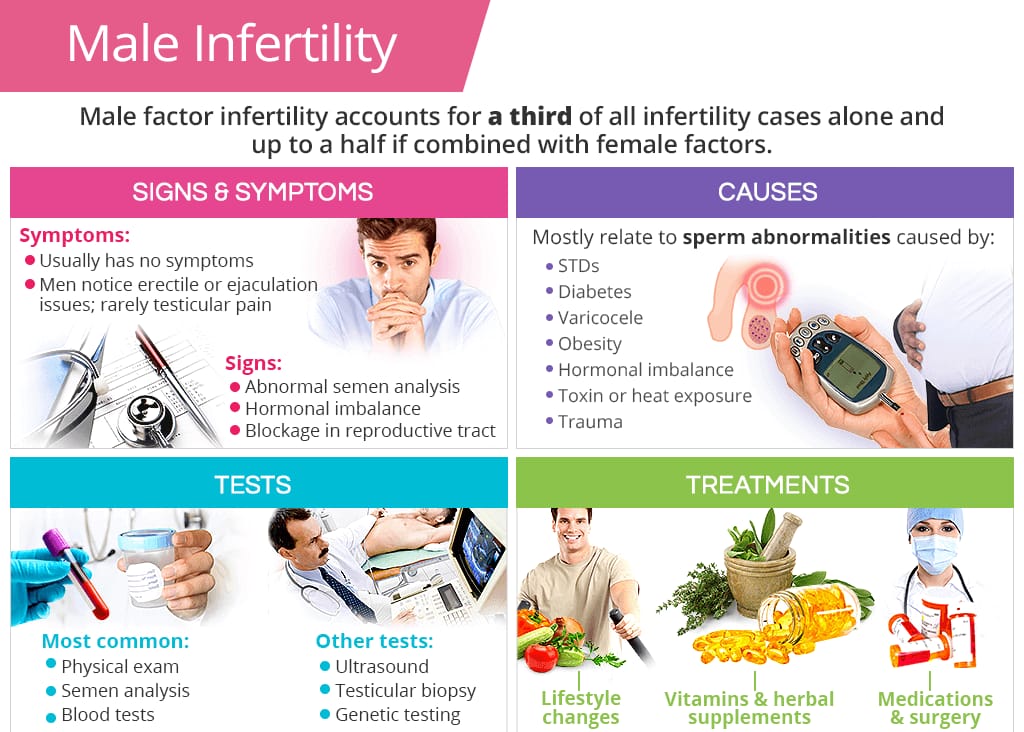

Premenstrual Syndrome Symptoms:
PMS is a group of symptoms that occur in women, usually between ovulation and menstruation.
Premenstrual syndrome has the following two different kinds of symptoms:
Emotional and behavioral symptoms:
- Anxiety, irritability, or nervousness
- Appetite changes, including increased cravings for food, especially sweets
- Changes in sleep patterns, including fatigue and trouble sleeping
- Sadness or low mood, which may include tearful or sudden, uncontrollable crying
- Mood swings and emotional outbursts
- Decreased sex drive
- Difficulty concentrating or remembering information
- Physical Symptoms:
- Joint or muscle pain
- Headache
- Fatigue
- Weight gain
- Bloating
- Breast tenderness
- Acne
- Constipation or Diarrhea
- Alcohol intolerance
Pathyam Ayurveda Hospital is the best choice for PCOS treatment, PCOD problem treatment and male infertility treatment.


